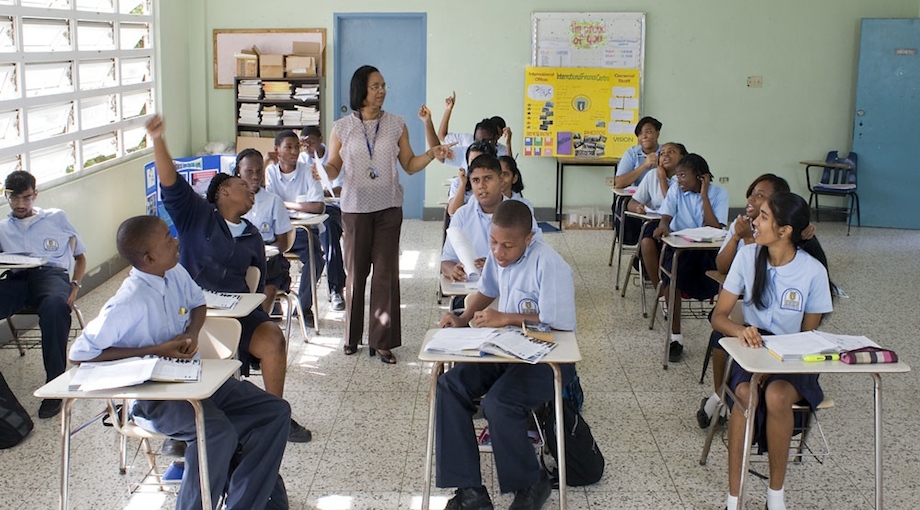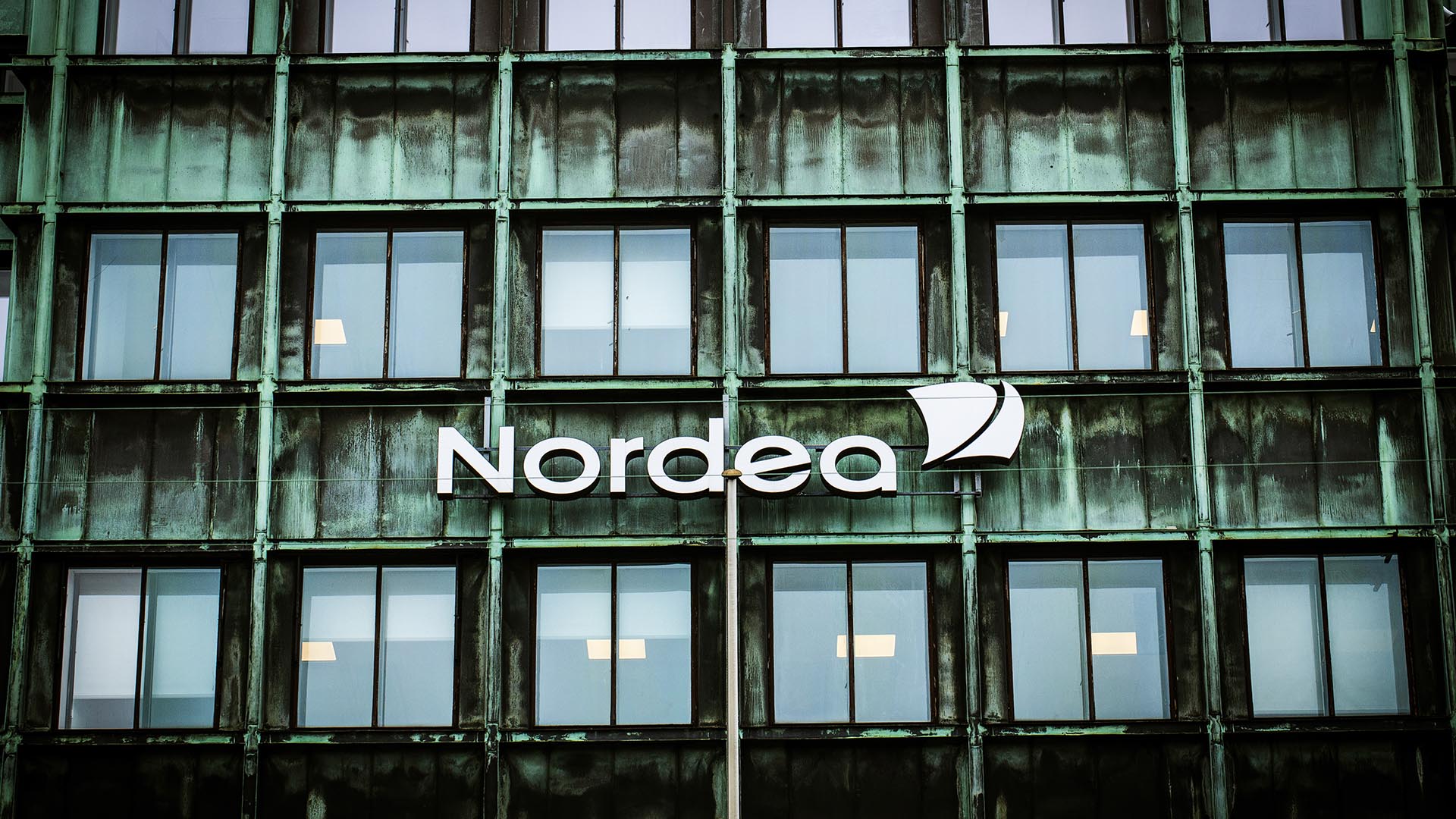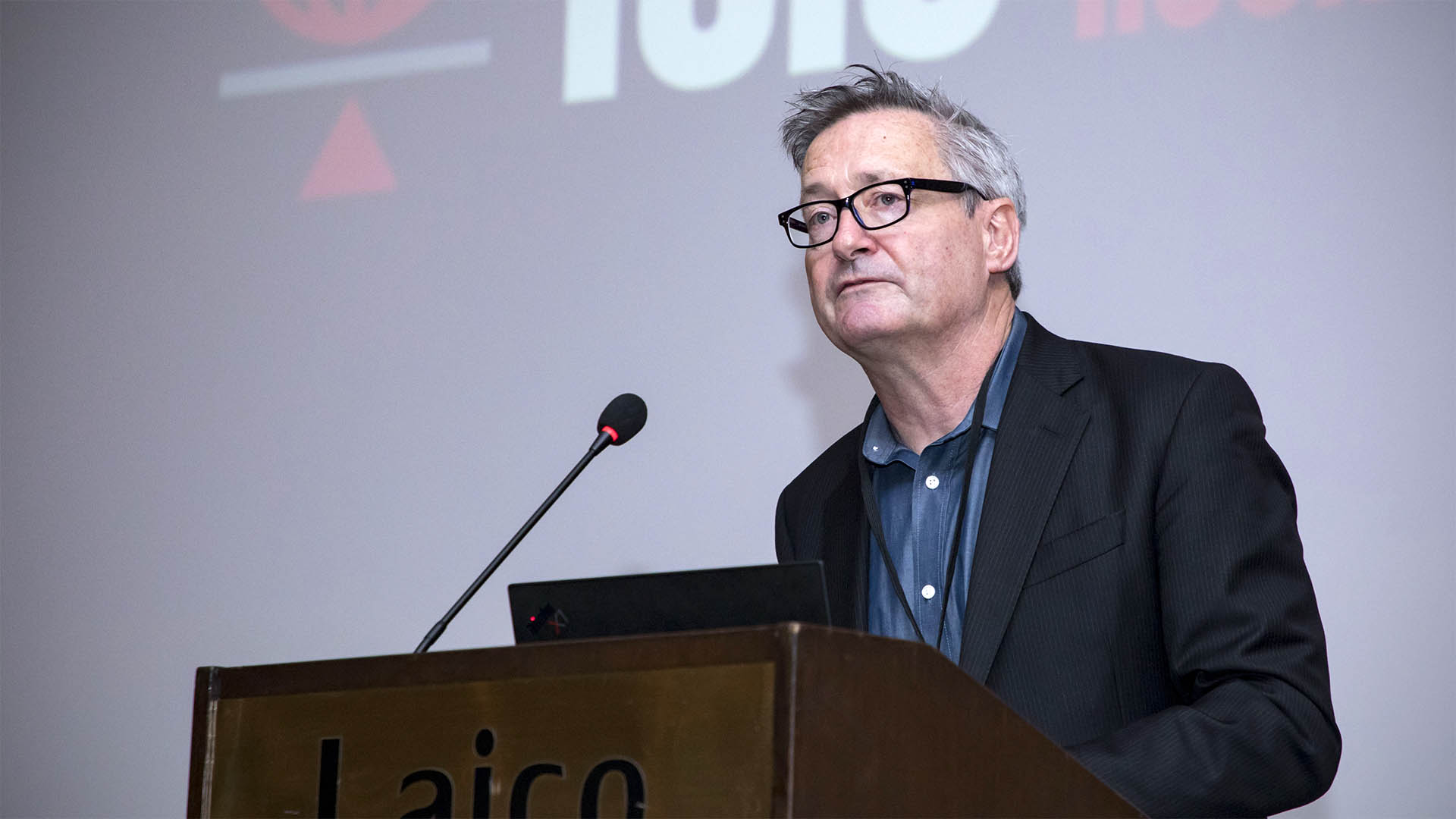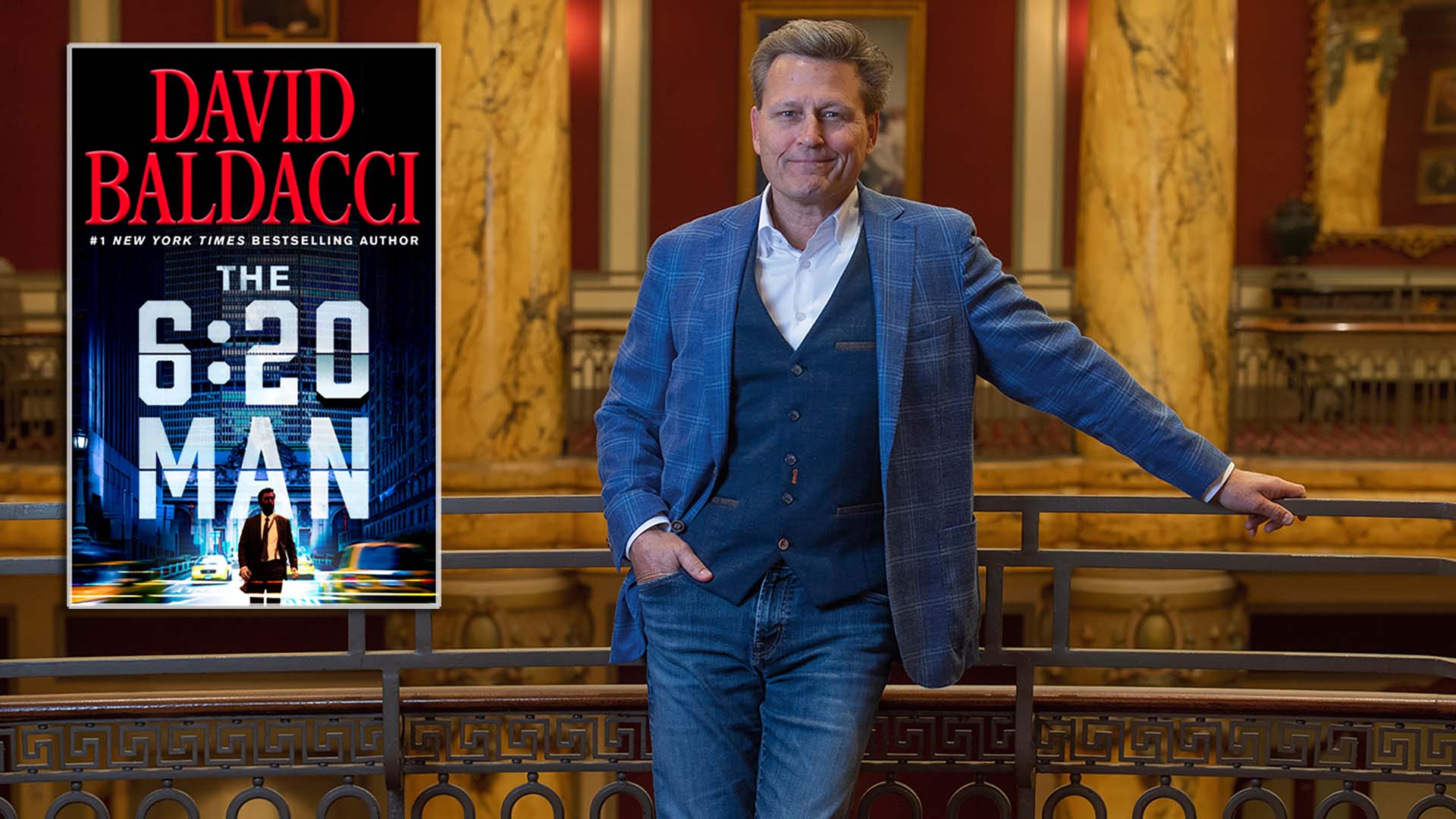A French journalist travels from Paris to visit the Caribbean hideaway that has become the favorite destination for Chinese offshore patrons
It’s 9 a.m. on the island of Tortola in Road Town, the capital of the British Virgin Islands. The sun is already high in the sky. Black teenagers in British-style blue uniforms are heading for Elmore-Stoutt High School.
The girls have taken up their overly strict hemlines. The boys are wearing low-slung trousers like American skateboarders. Colleen Scatliffe-Edwards asks for quiet. A cockcrow can be heard through the open windows.
“The Virgin Islands have survived a terrible hurricane. And that hurricane’s name is I-C-I-J!” the teacher cries, carefully spelling out the initials of the International Consortium of Investigative Journalists, the U.S.-based news organization that has been working with Le Monde and other media partners to expose the shadowy use of a front companies in offshore havens.
“ICIJ has caused us a lot of harm,” she continues. “We have to defend ourselves. Otherwise we will lose our jobs and our income. You know that?”
“Yes, ma’am!” the class responds in unison.
“Do we want dirty money and corruption here?”
“No! The Virgin Islands aim to protect the secrecy and assets of investors who base their companies here,” the students chant with one voice.
“Who collects taxes?” Scatliffe-Edwards asks. “Governments, isn’t that right?”
“Yes!”
“Do people like paying taxes?”
“No!”
“So don’t they have the right to choose to pay their taxes wherever they’re lowest?”
“Yes!”
“Freedom of choice is a citizen’s fundamental right,” she concludes professorially. “And they’re right to choose the Virgin Islands.”
Secrets of the BVI
For the last year, Scatliffe-Edwards’ task has been to teach finance to a first cohort of Tortola’s children so that local people, 80 percent of whom are black, can find work in the healthiest sector of the economy.
The financial industry may benefit the whole archipelago, accounting for 60 percent of its GDP. The islands’ 28,000 inhabitants enjoy a standard of living far higher than on other Caribbean islands. But the offshore center mostly employs expats – highly qualified lawyers and accounting experts from Britain, the U.S., Canada and similar countries.
The textbook the class is using is titled: Demystifying Finance.
It is no mystery that the British overseas territory – often known in shorthand as the BVI – stands near the top of the list of the world’s most secretive tax havens. It recently failed the Organization for Economic Co-operation and Development’s test for assessing a country’s international cooperation in the fight against tax fraud and tax evasion.
For some time now, the territory’s business and political stalwarts have seen themselves under siege from the OECD, ICIJ and other outsiders who, these leaders believe, have unfairly shamed the islands as a sanctuary for covert money.
“The money is not here!” the BVI’s secretary of finance, Neil Smith says, finally, at the end of a tense conversation. “We incorporate companies here for investors whose identity we protect. We don’t open bank accounts. These companies’ money is in Panama, Liechtenstein or Switzerland. Even in New York and Paris bank accounts sometimes.”
In his office overlooking a turquoise bay where cruise ships lie at anchor, Smith tells me how Tortola benefited from the fall of Panamanian dictator Manuel Noriega in 1989, using the ensuing political instability to overtake Panama as the leader in the highly competitive market for registering offshore companies. He vaunts the territory’s advantages – simple company law and zero tax – and the anti-money-laundering legislation enacted in the 1990s.
The BVI has harbored perhaps 850,000 offshore companies (as much as 40 percent of the world total), with 450,000 of them still active.
But by Smith’s account, they are treasure islands without treasure. A virtual economy with no financial assets. A façade that doesn’t appear to warrant a closer look.
‘Good for the island’
A brief stroll around Road Town, a peaceful little place where the waves lap the shore and few buildings are more than three stories high, appears to back up this analysis. There are few banks – apart from local ones. However, there are trust and company incorporation firms everywhere, on every street corner, conducting their business away from prying eyes and slamming the door on journalists with a curt “No interviews.”
People have been instructed not to comment ever since the initial release of ICIJ’s “Offshore Leaks” investigation, which is said to have helped cause a 21 percent drop in company registrations in the BVI in 2013. BNP Paribas’ subsidiary turns us away. “There’s no point calling Paris to arrange a meeting. We answer to Jersey and Singapore,” the director of BNP Paribas Trust Corporation says.
It is these offshore services providers – which are thicker on the ground than grocery stores – that underpin Tortola’s prosperity. They pay the state a share of the commissions they charge for setting up and administering offshore firms. None of the offshore companies domiciled with them has an office or employees on the island – just one of the roofed-over letterboxes that stretch down to the waterfront, part of the town’s furniture. All it takes to own one is to fill out a form and pay $22 per month.

These intangible transactions don’t seem to bother Tortola’s residents. “The financial gentlemen? What they do don’t concern us. But it’s good for the island. . . ” says a weary-fingered seamstress in Creole in her Main Street workshop, which is surrounded by trust companies. “We wouldn’t be where we are without them!” adds a man named Thomas who came over from St Lucia to look for work in Road Town.
A virtual economy and empty coffers. Is that enough to get BVI authorities off the hook? Not according to anti-tax-evasion experts. They point to the central role the BVI plays in registering bogus companies – shell companies that can be set up in less than 48 hours.
The law here is so accommodating and secrets so closely guarded that it’s easy to set up a phony company. Even in firms that are not just empty shells, the prevailing opacity can conceal illicit financial flows.
The BVI is the favorite destination for Chinese wanting to move businesses and cash offshore. Roughly 40 percent of the BVI’s offshore business comes from China and other Asian lands, BVI authorities say.
Despite various agreements Tortola has signed for the exchange of information, few foreign requests actually lead to the real beneficiaries being identified. Fifty-nine French requests have gone unheeded: the information is either unavailable, or the regulator does not have access to it. A bill was passed in 2012 that makes it mandatory for offshore services firms to keep a register of shareholders. It is proving hard to implement.
“The usual model is for a company in the Virgin Islands to set up a company in Hong Kong, which in turn opens a company in China. All with Swiss bank accounts,” a tax expert explains. “It’s called round-tripping – without ever leaving home.”
Martin Kenney knows every trick of this armchair travel trade. Operating out of his Road Town office, where the odd death threat reaches him, the lawyer tracks down the spoils of fraud for the investors or individuals who have lost out. “It is by disbanding companies registered here that we can work our way along the financial chain,” he says. The bane of local politicians, his sole ally is the commercial court, which has often helped him trace vanished money.
Of course, not everything that happens in the BVI is illegal. Some lawyers with a reputation for integrity have specialized in setting up joint ventures between multinationals. Robert J. D. Briant of Conyers, Dill & Pearman proudly points out that he oversaw the birth of a joint venture between Russian oil giant Rosneft and the British company TNK-BP in 2012. The operation was worth $61 billion and raised a few eyebrows outside the BVI. “The Virgin Islands offer political neutrality and a favorable tax regime for this type of cross-border merger,” an unruffled Briant says.
Yet it was in the BVI that Bernard Madoff, the greatest Ponzi schemer of all time, discovered an ideal location to stash away his booty. The structure was so perfect that it keeps John Greenwood, a 50-year old former HSBC banker in London, busy night and day.
He directs law firm Krys Global’s efforts to recover some of the hived-off assets. “Madoff’s Fairfield Sentry fund was set up in the Virgin Islands,” he says. “But it was administered from Bermuda, and the financial operations were run from New York.”
“This is the toughest job I’ve ever had,” he sighs.
Lorna Smith’s precarious paradise
If there’s one woman you have to meet in Tortola, it is Lorna Smith, the Prime Minister’s wife and director of a consultancy firm.
Although she holds no official post, Mrs. Smith appears to be in control of the territory’s destiny, even travelling to Hong Kong in 2013 to inaugurate the Virgin Islands’ new office there. She doesn’t miss a single round of diplomatic negotiations on the future of the BVI either.
Her cause is the defense of small tax havens that have come under attack from the G20 club of rich nations – and she’s passionate about this subject.
Our conversation at her villa in the hills above Road Town centers on the grave threat to the British Virgin Islands from the worldwide drive for transparency, which calls into question the principle of confidentiality and could reduce the appetite of the super-rich for offshore havens.
“The ICIJ has done us a lot of damage. Why isn’t anyone saying anything about the Americans?” cries Mrs. Smith, wearing a figure-hugging black dress and pearl necklace. “It’s harder to set up a company here than in Delaware!”
She is interrupted by an incoming text message. The atmosphere suddenly turns sour. “I’ve just been told that you work for the Americans!” she says icily.
By “the Americans,” she means ICIJ, the news organization that, in the minds of local leaders, has become the British Virgin Islands’ most dangerous enemy.
“That’s most unfortunate. We shall have to see what to do about this,” she says as she sends us away. Lorna Smith thinks she’s unmasked the villain who threatens her islands. The BVI miracle is indeed built on sand.
Anne Michel is a reporter covering the banking industry for Le Monde, where the story was first published.



